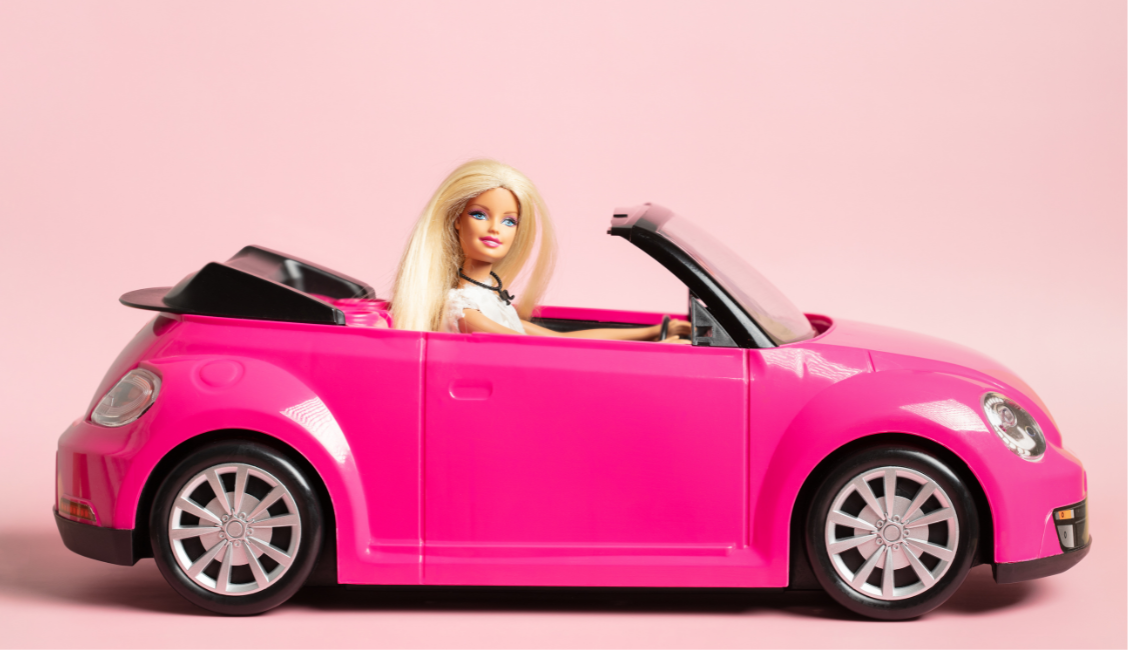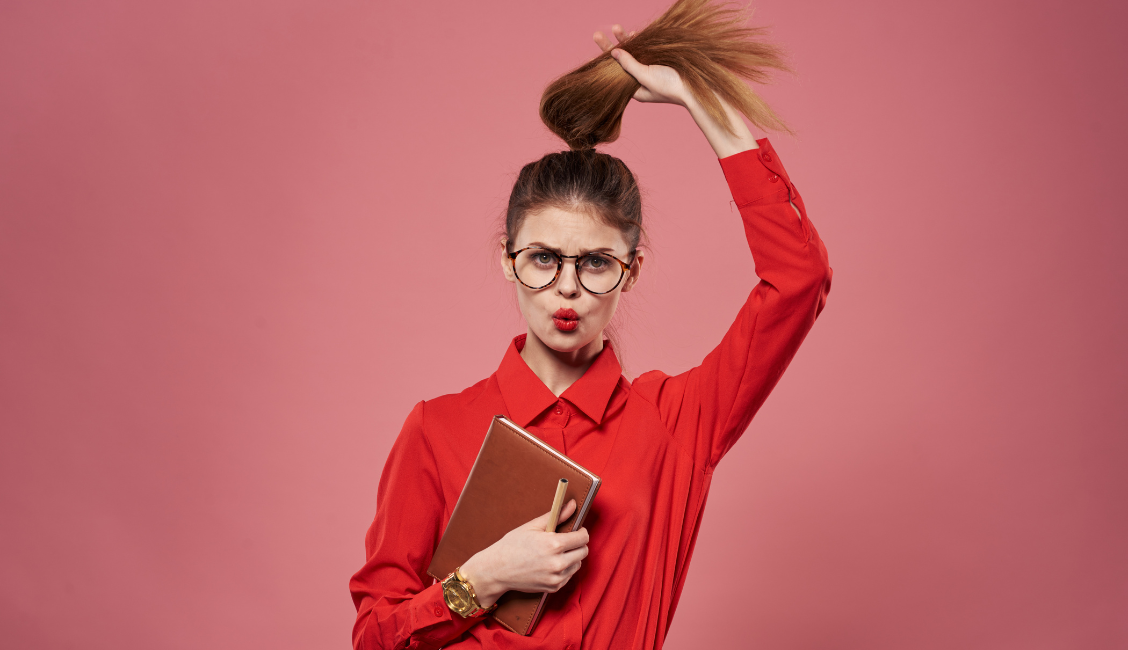[Massive Movie spoiler alert]
The name on everybody’s lips is ‘Barbie’.
If you haven’t yet seen the new Barbie movie, I’d don your bright pink top and book a ticket quick.
Barbie is fast-becoming the highest grossing movie of 2023, making over US$1 BILLION globally in just two weeks and is already the highest grossing movie directed by a female director (Greta Gerwig).
Unsurprisingly, it has got a lot of women – and men – talking… and for good reason.
The movie has been described as “a multi layered masterpiece” (by me and no doubt others)…
Whilst also attracting its fair share of ire, in particular from pockets of conservative (largely) men who have got, unsurprisingly, nothing new to say.
So What Happens in The Movie?
The evolutionary growth journey that Mattel has taken with the Barbie doll product (in actual life) is cleverly reflected in the movie, with ‘original’ prim, skinny, long legged, white Barbie characters with cascading hair (that launched the brand back in 1959) featured alongside an array of Barbies of different colour, size and ability (Mattel’s inclusive-Barbie agenda began in earnest in 2015).
Throughout the movie we see Barbieland existing side-by-side with the real human world, the two never crossing.
And, whilst the real, human world is dictated by the patriarchy, we are delighted to see that Barbieland is its happy, mirrored opposite.
In Barbieland, where all women are called ‘Barbie’, we see women in positions of authority and power everywhere.
Women occupy all the jobs: there is a Barbie President, an all-Barbie Senate, there are Barbie doctors, lawyers and even mermaids… every position you need to keep a society functioning (well, maybe not the mermaid, but you get the idea).
The world is a matriarchy where decisions are made by women and where they (largely) all get along – more on that later.
Meanwhile, the male characters in Barbieland are all called ‘Ken’ (apart from a singular ‘Alan’, friend of ‘Ken’) and, despite being coupled up with their ‘own’ Barbie in theory, the Kens seem relatively superfluous to the Barbies’ busy lives.
Then Things Start To Change…
Where things get really interesting is where Stereotypical Barbie (played brilliantly by Margot Robbie) and Just-Beach-Ken (played hilariously by Ryan Gosling) cross the line from Barbieland into the real, human world to seek their fortunes.
Here, they learn that the real, human world is a patriarchy, a fact that is made abundantly clear when we see an assertive Stereotypical Barbie visit Mattel headquarters, to be greeted by an all-male, black-suit wearing, decision-making Executive who desperately try to get her “back in her box” – both literally and obvs, also metaphorically speaking.
Ken’s character arguably experiences the greatest growth as he tries to find his own identity. In the real world, Ken gets exposed to patriarchy and is instantly hooked.
Ken heads back to Barbieland solo and teaches all the other Kens about how to live as the dominant gender.
As we start seeing the Kens go ‘ultra-alpha’, flex their muscles, don fur coats, and turn the Barbies’ ‘dream houses’ into saloons, everything goes awry: gender roles reverse entirely and Stereotypical Barbie returns to see her formerly powerful Barbie sisterhood apparently brainwashed and reduced to mere decorative items, hanging onto every word the Kens say. (And the Senate has become a group of cheerleaders btw).






This Post Has 0 Comments